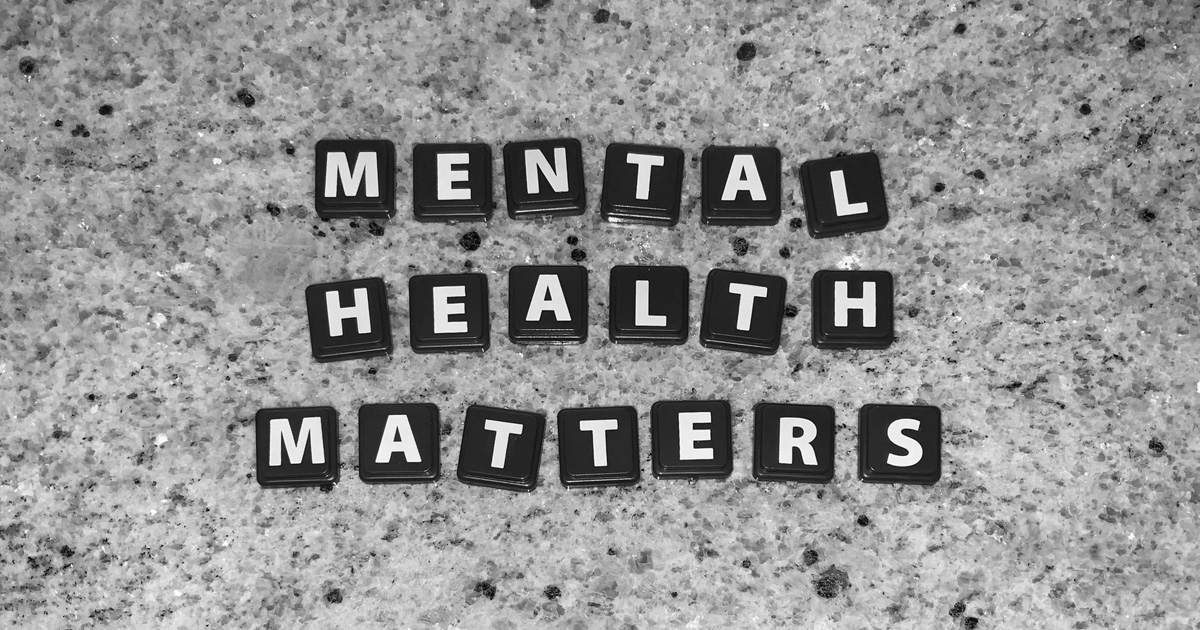
Practical Nutrition Tips for Educators and Public Service Workers with Dr. Adrian Chavez
In the overwhelming realm of healthcare, nutrition is often overshadowed but undeniably crucial to our health and wellness. Driven by a fervent belief in the transformative power of nutrition, Dr. Adrian Chavez, a nutritionist and host of The Nutrition Science podcast, has dedicated his career to making healthy eating easier for everyone.

Dr. Chavez’s passion stems from the realization that nutrition is the cornerstone of healthcare, yet it remains underutilized. His own nutrition journey was spurred by a personal experience during his graduate studies in exercise science.
“I was struggling with a digestive issue and didn’t get a lot of help from traditional healthcare,” Dr. Chavez said. “So, I shifted my diet to focus on health versus physique.”
He was determined to reclaim his health and successfully improved his digestive problems by altering his dietary habits.
Dr. Chavez’s first hand transformation underscored the impact of nutrition on our health, solidifying his commitment to helping others do the same.
While providing one-on-one coaching with clients, Dr. Chavez noticed two major barriers to simplified nutrition:
1. Misleading nutrition information perpetuated by unreliable sources, particularly online,
2. And people not knowing how to cultivate an environment conducive to sticking to healthy habits.
“If you Google your health issues, the top sources promote misleading information,” Dr. Chavez said. “And most of this false information is told by people who don’t have a background in nutrition. At least half of the time I spend with clients is spent debunking false nutrition claims.”
In response to these barriers, Dr. Chavez developed seven components of healthy nutrition – simple and straight-to-the-point.
1. Eat Mostly Minimally Processed Foods: When it comes to dietary choices, prioritize minimally processed foods. While eating some processed foods now and then is not inherently detrimental, a diet centered around unprocessed, whole foods facilitates easier digestion and promotes overall well-being. Incorporate simple and budget-friendly options, such as frozen fruits and vegetables, canned goods, and affordable protein sources like chicken.
2. Get the Right Amount of Calories: Striking a balance in calorie consumption is paramount for sustained energy and optimal functioning. Dr. Chavez encourages his clients to reframe the negative concept of “calories” and view them as units of energy. Consuming the right amount of these “units of energy” supports functioning health systems, including vital organ functions.
3. Eat Sufficient Protein: Protein, a crucial macronutrient, plays a vital role in satiety, muscle maintenance, and overall health. Incorporating protein-rich snacks, such as protein shakes with fruit, or chicken breast and Greek yogurt, can help you meet your nutritional needs, even amidst time constraints.
4. Get Plenty of Fiber: Fiber contributes to digestive health and overall well-being. Incrementally increasing fiber intake through sources like lentils, beans, and whole grains ensures a gradual adjustment for the digestive system, and minimizes any potential discomfort.
5. Minimize Foods that are Known to Cause Harm: Additionally, minimizing consumption of foods known to cause harm, such as those high in sodium and saturated fats, processed meats, and soft drinks, mitigates the risk of various health conditions.
6. Stay Well-Hydrated: Hydration, particularly important in arid climates like Arizona, is essential for maintaining mood, physical activity, and overall well-being. Simple strategies like keeping a water bottle nearby can help you stay hydrated throughout the day.
7. Follow Something that is Flexible and Sustainable: Finally, adopting a flexible and sustainable approach to nutrition is key for long-term success. Embracing a balanced mindset that allows for occasional indulgences while prioritizing overall health fosters a healthy relationship with food and facilitates lasting dietary habits.
From navigating social settings to managing hectic work environments, establishing supportive routines by using these seven components of healthy nutrition, is essential for sustained success when it comes to healthier eating.
“I want people to understand that it does not need to be overwhelming or complicated or expensive,” Dr. Chavez said. “Healthy eating doesn’t require overhauling your whole lifestyle. It’s about making the best choices for you.”
If you’re a WellStyles member, register for March’s Wellness Window, Nutrition Made Simple: Dispelling Myths and Prioritizing Essentials, with Dr. Adrian Chavez on the WellStyles platform to learn how to make sound nutrition decisions that will improve your health for years to come.
Continue to follow along with Dr. Adrian Chavez:



